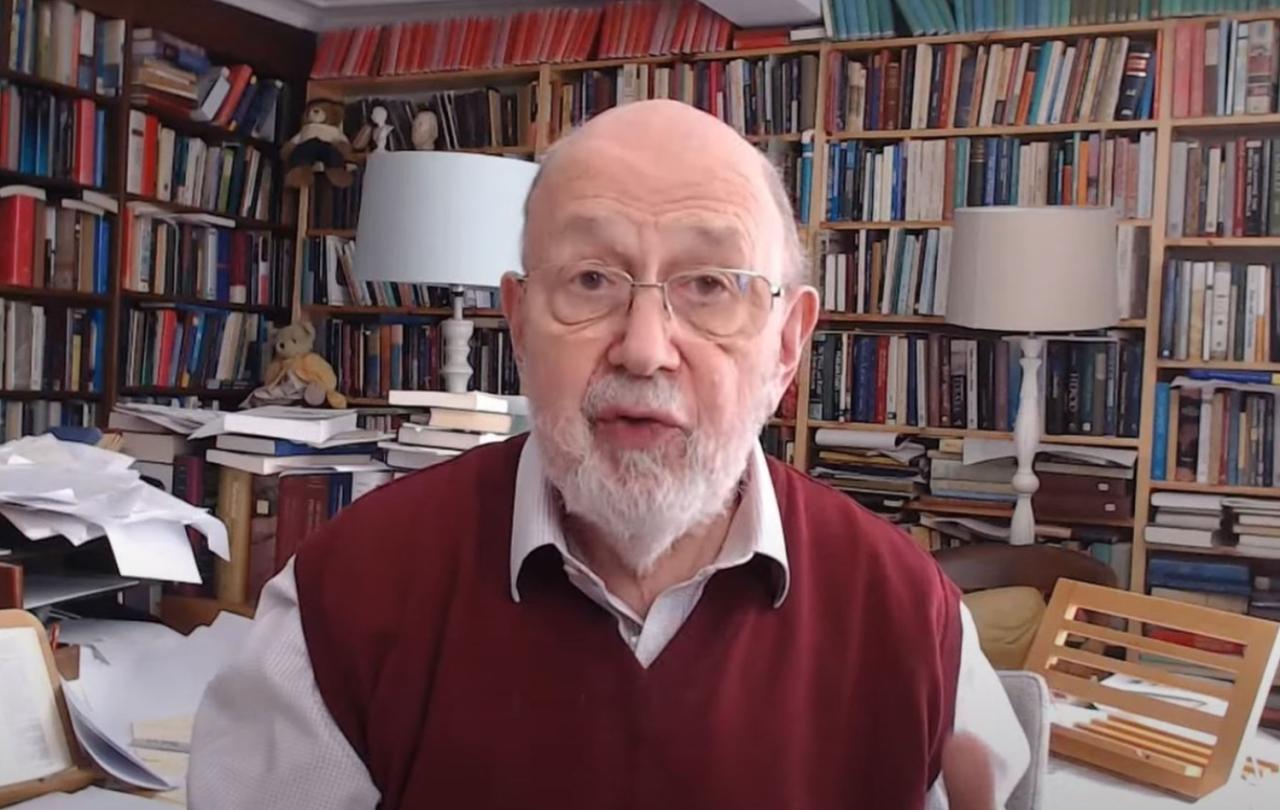I was stunned when I heard recently that Saturday Night Live celebrated fifty years on TV. It was a reminder of an age when families and friends would diarise prime-time weekend entertainment together in front of the glow of the screen. But common experiences are diminishing. Harvard fellow Flynn Coleman highlights that the third spaces where we have customarily congregated, found community, and ourselves, are vanishing. 
She is, of course, right. We are just beginning to scratch the surface of the damage our atomised online worlds have created. But where the CDC health report last year tragically detailed the harm social media causes teenage girls, the online space is not without hope. Krish Kandiah writes, 'Instead of demonising new technology as the problem, perhaps we need to find ways to turn it into the solution.'The online world isn't going away, so it must be at least part of the solution. Teletherapy is now available on the NHS, and while there are questions over the affordability and availability of online mental health care, and I cannot vouch for BetterHelp, making therapy more accessible by taking it online plays an important part in winning the battle of declining mental health.
Far from an echo chamber, an online therapist can challenge presumptions at right angles and enable clients to access worlds they previously only dreamed of. And, any good therapist wouldn't encourage you to isolate yourself. We still need community.
Therapy isn't as much a solo endeavour as we might first think. Of course, the therapeutic relationship itself is between two people, however objective one party might be. And just as the old adage goes, 'a problem shared is a problem halved', overhearing people talking about their therapist in a metropolitan café is now as as common as the extra-hot flat whites themselves. Therapy is losing its stigma, and the benefits of it are shared just as we want to share a podcast that's stimulated or amused us.






